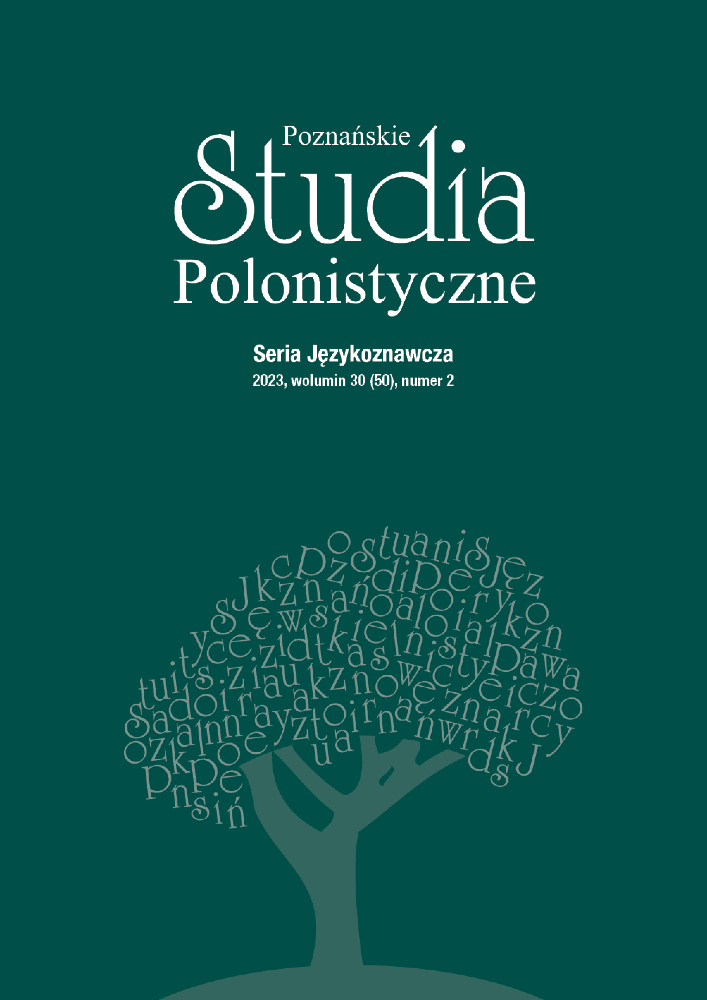Between Genitive and Accusative Uses.
On the Impact of Negation on Nominal Phrases
Introduced by jako in Contemporary Polish
Between Genitive and Accusative Uses.
On the Impact of Negation on Nominal Phrases
Introduced by jako in Contemporary Polish
Author(s): Małgorzata Gębka-WolakSubject(s): Syntax, Philology
Published by: Uniwersytet Adama Mickiewicza
Keywords: contemporary Polish; syntax; negation; nominal phrase introduced by jako; genitive of negation; jako; the grammatical status of jako;
Summary/Abstract: The paper discusses research results based on data excerpted from the National Corpus of Polish. The analysis concerns the impact of nega- tion on the grammar case used in nominal phrases introduced by jako. The purpose of our study was to establish the proportion of genitive and accusa- tive uses in these contexts. We have also analysed the possible impact of the grammatical status of jako on the grammar case. We established that, in contemporary Polish, most nominal phrases introduced by jako contain genitive forms. Accusative forms, although rarer, may not be considered marginal, as they tend to appear in up to 34% of the contexts. We have also shown that there is a correlation between the grammatical status of jako and the way negation impacts these phrases. In structures where jako is considered part of the verb (e.g. Sportowiec nie traktuje trzeciego miejsca jako porażkę), accusative structures tend to appear more often than in those containing jako interpreted as in- dependent lexical units (e.g. Nie znaliśmy tej dziew- czyny jako studentki).
Journal: Poznańskie Studia Polonistyczne. Seria Językoznawcza
- Issue Year: 31/2024
- Issue No: 1
- Page Range: 9-36
- Page Count: 28
- Language: English

